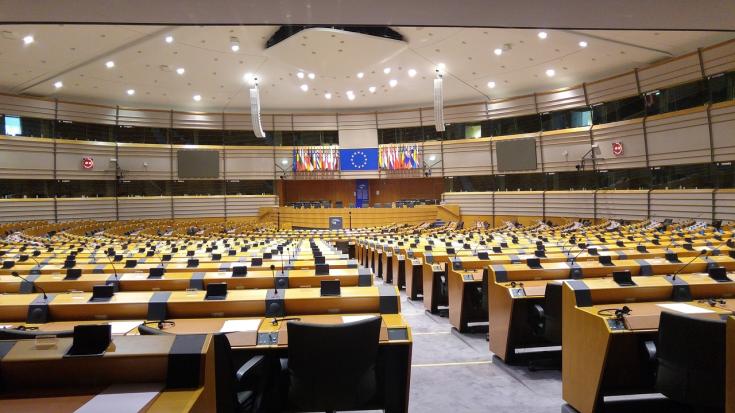EU Parliament adopts the first-ever legal framework on AI
The European Parliament approved the first law on Artificial Intelligence (AI Act) on March 13, establishing a regulatory framework for the use of Artificial Intelligence systems in the European Union for general purposes.
The AI Act aims to ensure safety, protect fundamental rights, and drive innovation. Provisions include bans on certain AI applications like biometric categorization and emotion recognition in workplaces and schools. Exceptions exist for law enforcement, with strict safeguards required.
Generative models, such as OpenAI 's ChatGPT, must meet transparency standards, and high-risk AI systems face stringent regulations. The AI Act sets a new standard for responsible AI governance.
Interreg Europe funded ENAIBLER project aims to build, empower and assist the public sector organisations to unlock the benefits of AI and the implementation of more open, transparent and ethical policies and services. This project gives support to the EU Strategy on Artificial Intelligence which, among others, aims to boost the EU's technological and industrial capacity and AI uptake across the economy.
The EU AI Act represents a landmark achievement in AI regulation, setting a new standard for responsible and ethical AI governance. By establishing clear rules and requirements for AI technologies, the legislation seeks to strike a balance between fostering innovation and protecting individuals’ rights and well-being.
As AI continues to play an increasingly prominent role in society, the EU’s proactive approach to AI regulation serves as a model for other jurisdictions seeking to address the complex challenges and opportunities presented by artificial intelligence.
Find out more about the AI Act here: https://www.europarl.europa.eu/news/en/press-room/20240308IPR19015/artificial-intelligence-act-meps-adopt-landmark-law

